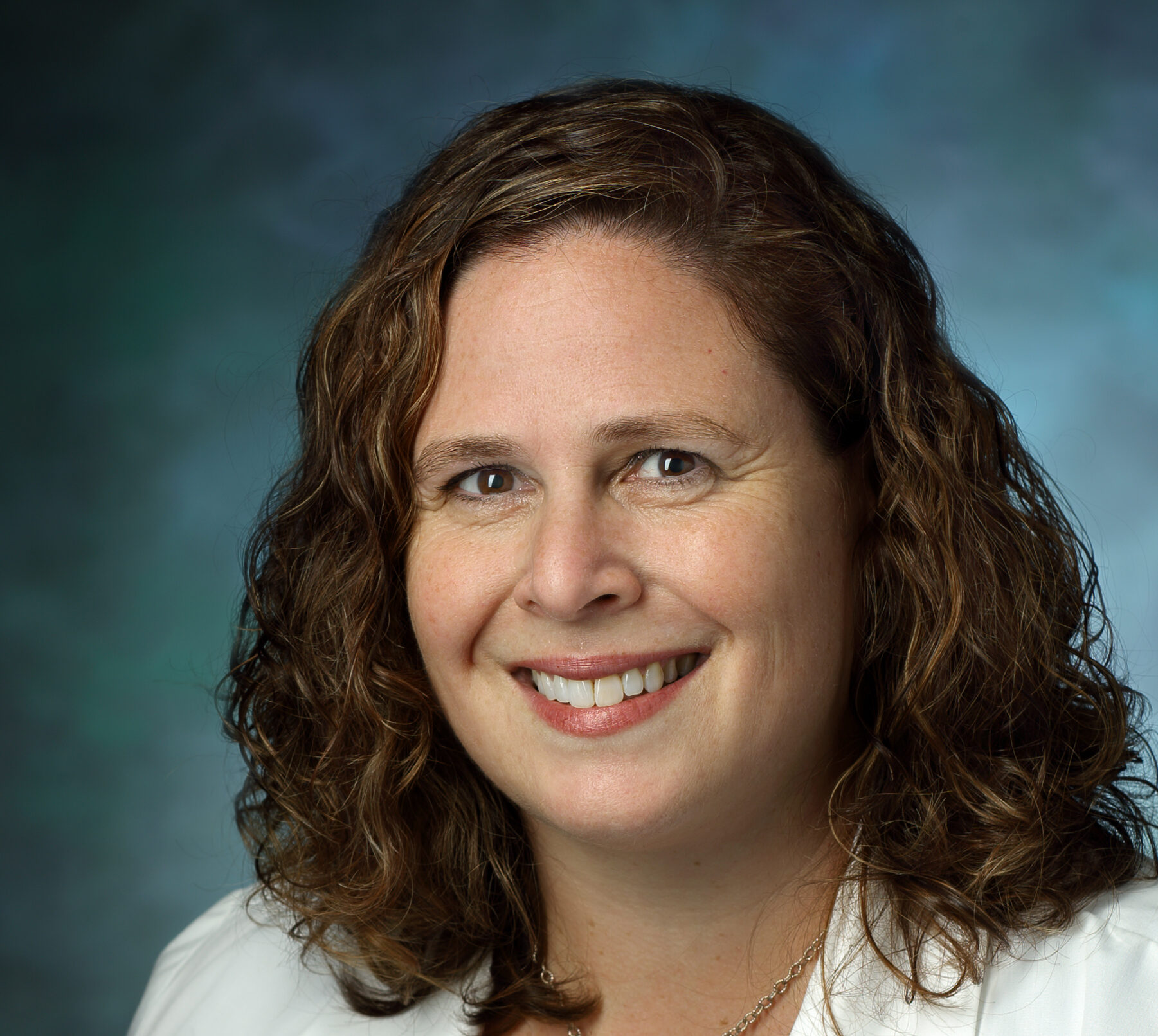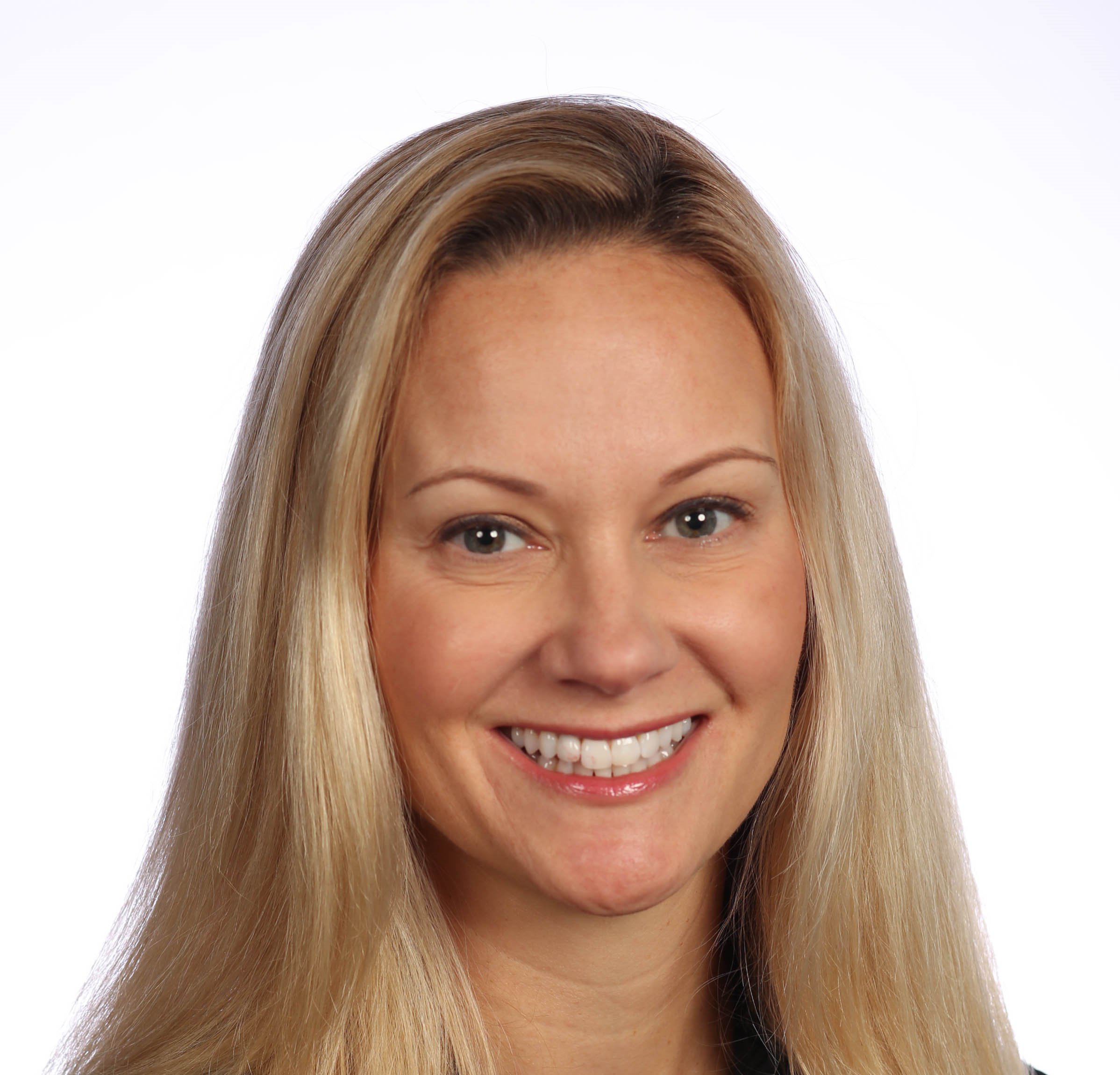In this activity, a medical oncologist, oncology pharmacist, pulmonologist, and oncology nurse practitioner share their insights on the current therapeutic strategies for patients with relapsed small cell lung cancer (SCLC), how treatment options are tailored to each individual patient, and how patient outcomes can be optimized through improved adverse event management in the second-line treatment setting.
Target Audience
This activity has been designed to meet the educational needs of oncologists, pulmonologists, pharmacists and specialist oncology nurses involved in the management of SCLC.
Disclosures
USF Health adheres to the Standards for Integrity and Independence in Accredited Continuing Education. All individuals in a position to influence content have disclosed to USF Health any financial relationship with an ineligible organization. USF Health has reviewed and mitigated all relevant financial relationships related to the content of the activity. The relevant relationships are listed below. All individuals not listed have no relevant financial relationships.
Faculty
Dr Barbara Melosky discloses: Advisory board or panel fees from AstraZeneca, Boehringer Ingelheim, Bristol Myers Squibb, Janssen, Jazz Pharmaceuticals, Merck, Novartis, Pfizer and Roche.
Dr Sonia Amin Thomas has no interests/relationships or affiliations to disclose in relation to this activity.
Dr Christine Argento discloses: Advisory board or panel fees from Biodesix. Consultancy fees from Biodesix, Boston Scientific, Cook Medical, Intuitive Surgical and Olympus Therapeutics.
Dr Victoria Sherry discloses: Consultancy fees from AstraZeneca and Boehringer Ingelheim.
Content reviewer
Anand Shah, Pharm D, BCOP discloses: Advisory board or panel fees from EMD Serono, Pharmacosmos (relationships terminated). Speakers Bureau fees from Exelixis. Stock/Shareholder (self-managed) with Cardiff Oncology.
Alicia Canalejo, MSN, ARNP-C has no financial interests/relationships or affiliations in relation to this activity.
Touch Medical Director
Kathy Day has no financial interests/relationships or affiliations in relation to this activity.
USF Health Office of Continuing Professional Development and touchIME staff have no financial interests/relationships or affiliations in relation to this activity.
Requirements for Successful Completion
In order to receive credit for this activity, participants must review the content and complete the post-test and evaluation form. Statements of credit are awarded upon successful completion of the post-test and evaluation form.
If you have questions regarding credit please contact cpdsupport@usf.edu
Accreditations
Physicians
This activity has been planned and implemented in accordance with the accreditation requirements and policies of the Accreditation Council for Continuing Medical Education (ACCME) through a joint providership of USF Health and touchIME. USF Health is accredited by the ACCME to provide continuing medical education for physicians.
USF Health designates this enduring material for a maximum of 0.75 AMA PRA Category 1 CreditTM. Physicians should claim only the credit commensurate with the extent of their participation in the activity.
The European Union of Medical Specialists (UEMS) – European Accreditation Council for Continuing Medical Education (EACCME) has an agreement of mutual recognition of continuing medical education (CME) credit with the American Medical Association (AMA). European physicians interested in converting AMA PRA Category 1 CreditTM into European CME credit (ECMEC) should contact the UEMS (www.uems.eu)
Advanced Practice Providers
Physician Assistants may claim a maximum of 0.75 Category 1 credits for completing this activity. NCCPA accepts AMA PRA Category 1 CreditTM from organizations accredited by ACCME or a recognized state medical society.
The AANPCP accepts certificates of participation for educational activities approved for AMA PRA Category 1 CreditTM by ACCME-accredited providers. APRNs who participate will receive a certificate of completion commensurate with the extent of their participation.
Nurses
USF Health is accredited as a provider of nursing continuing professional development by the American Nurses Credentialing Center’s Commission on Accreditation.
A maximum of 0.75 contact hours may be earned by learners who successfully complete this continuing professional development activity. USF Health, the accredited provider, acknowledges touchIME as the joint provider in the planning and execution of this CNE activity.
This activity is awarded 0.75 ANCC pharmacotherapeutic contact hour.
Pharmacists
USF Health is accredited by the Accreditation Council for Pharmacy Education as a provider of continuing pharmacy education. This knowledge-based program has been approved for 0.75 contact hours (0.75 CEUs). Universal program number is as follows: 0230-9999-23-001-H01-P.
Date of original release: 19 January 2023. Date credits expire: 19 January 2024.
If you have any questions regarding credit please contact cpdsupport@usf.edu





